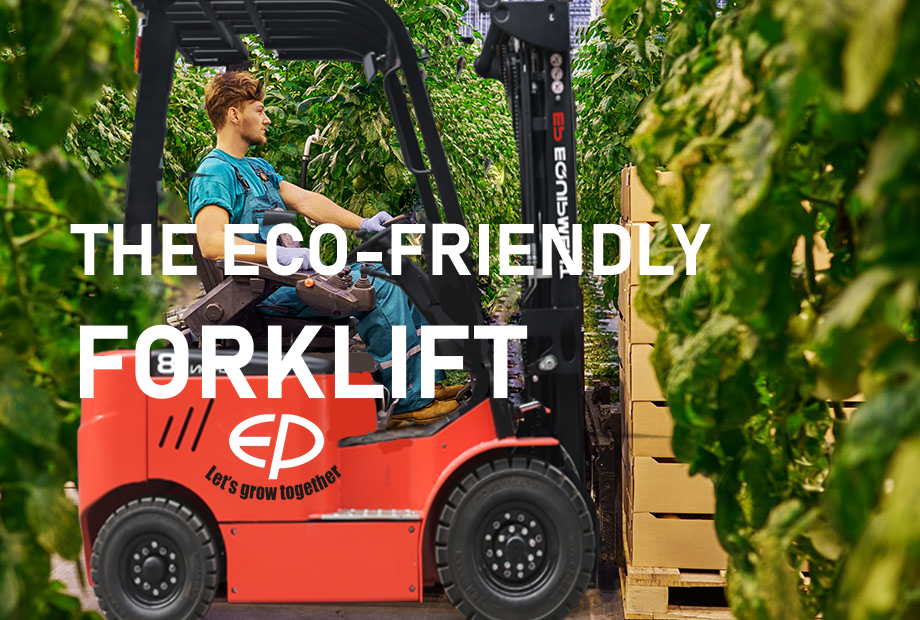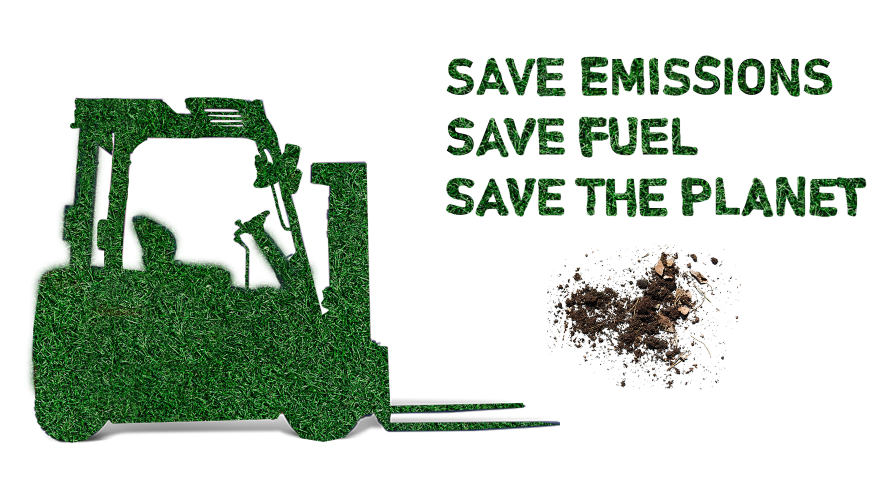As customers began to pay closer attention to a product’s journey prior to final fulfilment this encouraged warehouses, logistics & retailers to explore a growing range of technological advances in the running to replace fossil fuels all while striving to keep costs down & meet customer expectation.

Controversial news has come to light in the sustainability community recently which again highlights the emergence of the ‘conscious consumer’, in the past the origin of a company’s products was pretty murky & virtually nobody cared. Nowadays the entire supply chain must be orchestrated seamlessly to deliver goods ethically & safety, without compromising on fast delivery times, personalisation & great customer service. Society is now encouraged to seek deeper than product level, in order to not support the greenwashing perpetrators.
As customers began to pay closer attention to a product’s journey prior to final fulfilment this encouraged warehouses, logistics & retailers to explore a growing range of technological advances in the running to replace fossil fuels all while striving to keep costs down & meet customer expectation. As just about everybody became an ethical consumer, how did businesses rise to the occasion? In a desperate attempt to ‘green’ up the supply chain, lead-acid forklift trucks & material handling equipment was put on the pedestal to empower businesses to take a leap towards sustainability. As the world scrambled to replace fossil fuels, lead-acid was the only player with a chance, which was an issue in its own right. Lead-acid batteries where originally developed in 1854 which meant this old technology came with its own pandora’s box of environmental, compliance & liability concerns. Scenarios of improper handling began to occur creating a chain of dangerous events, which included hazardous material discharge or a slow and undetected corrosive breaches. This forced businesses to take part in complex maintenance regimes to avoid frequent costly breakdowns all while attempting to minimise the risk of exposure to sulfuric acid, lead & hydrogen fumes. Lead-acid had good intentions, but failed to be future proof.


Lithium electric came to knock lead-acid off the clean energy podium to play an integral part of a low carbon future. Lithium forklift batteries are poised to revolutionize the material handling industry as well as consumer products and road electric vehicles. The technology represents a major step towards a greener world, but there is still controversy.
Are Lithium forklift trucks environment friendly?
To begin with, not being reliant on toxic substances such as lead and sulphuric acid is definitely good for the environment.
According to Lifecycle Assessment by IVL Swedish Environmental Research Institute, Lithium electric is less energy demanding & far less polluting than lead-acid batteries. While more resources and raw material are needed to manufacture a lead-acid battery, it has the same storage capacity as Lithium but the process of lead extraction is energy demanding and generates far more emissions. Lithium also has a longer life, which means the battery potentially could outlive the material handling equipment itself. Recent recycling solutions have made Lithium even more appealing.
Lithium is a premium battery technology with a longer lifespan and higher efficiency, the boost in performance can ensure organisations are prepared for unpredictable order peaks & challenging requirements of the changing logistics industry. With a sealed lithium battery, Lithium has zero battery maintenance unlike lead acid batteries with common cases of sulphuric acid spills & corrosive breaches.
While Lithium is the perfect solution to replace lead-acid, the controversy over lithium mining has recently come under the public radar. Lithium is still in the process of undergoing a ‘sustainable extraction’ initiative. It’s not yet perfected in all realms of mining, but we must recognise that Lithium batteries are a crucial tool to aid the clean up the planet. Especially, when we look back on our reliance on fossil fuels for our material handling equipment in the past. One diesel forklift truck produces the same emissions as 25 diesel cars. Let’s not go back there!
Contact Forktruck Solutions To Find Out More About Lithium Power.
0845 555 7770
info@forktrucksolutions.com
